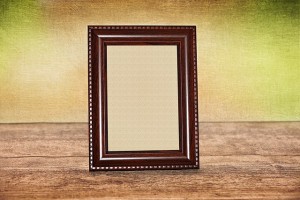book ![]()
[noun]
[het boek, de boe-ken]
A "boek" is a "book", how easy is that! Related verb is "boeken": to book.
Examples:
– "Heb je dit boek al gelezen?"
("Have you read this book already?")
– "Dit boek is waardeloos, het einde is echt voorspelbaar."
("This book sucks, the end is really predictable.")
– "Dit boek is spannend tot de laatste bladzijde."
("This book is exciting till the last page.")
Expressions:
– "Dat spreekt boekdelen": (lit.: that speaks volumes) that says it all, that's very clear.
– "Een open boek": an open book, extrovert.
– "Een gesloten boek": a closed book, introvert.
Example:
– "Ik vind Frank een vage kerel…" – "Ja, hij is echt een gesloten boek…"
("I think Frank's a shady dude…" – "Yeah, he's really introvert…")
– "Een boekje over iemand open doen": to show a person up.
– "Buiten zijn boekje gaan": to exceed one's powers.
– "Te boek staan als": to be known as.
Related words:
– Bladzijde: page [noun] [de bladzijde, de bladzijden/bladzijdes].
– Boekdeel: (book) volume [noun] [het boekdeel, de boekdelen].
– Boekenbon: book voucher [noun] [de boekenbon, de boekenbonnen].
– Boekenlegger: bookmark(er) [noun] [de boekenlegger, de boekenleggers].
– Boekenwurm: bookworm [noun] [de boekenwurm, de boekenwurmen].
Example:
– "De meeste kinderen houden van computeren, maar Lisa is een boekenwurm. Lezen is haar grote passie."
("Most kids like to sit behind a computer, but Lisa is a bookworm. Reading is her big passion.")
– Boekhouder: accountant (lit.: book keeper) [noun] [de boekhouder, de boekhouders].
– Lezen: to read [verb] [lezen, las, h. gelezen].
– Pagina: page (syn. to "bladzijde") [noun] [pagina, de pagina's].

 “Zonder” is a preposition and translated with “without“. The opposite of “zonder” is “met”: “with”
“Zonder” is a preposition and translated with “without“. The opposite of “zonder” is “met”: “with”